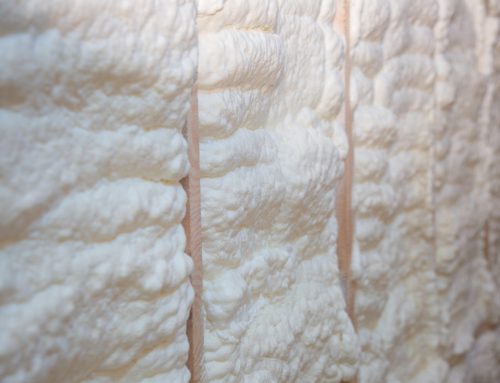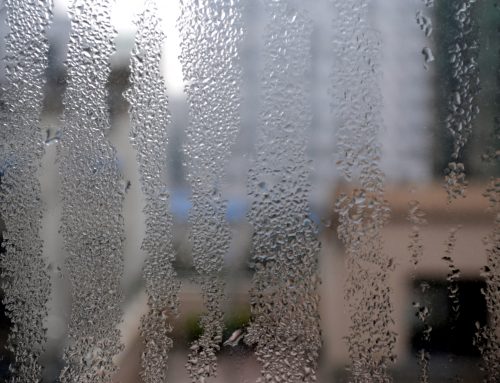Spray Foam and Its Benefits for Concrete
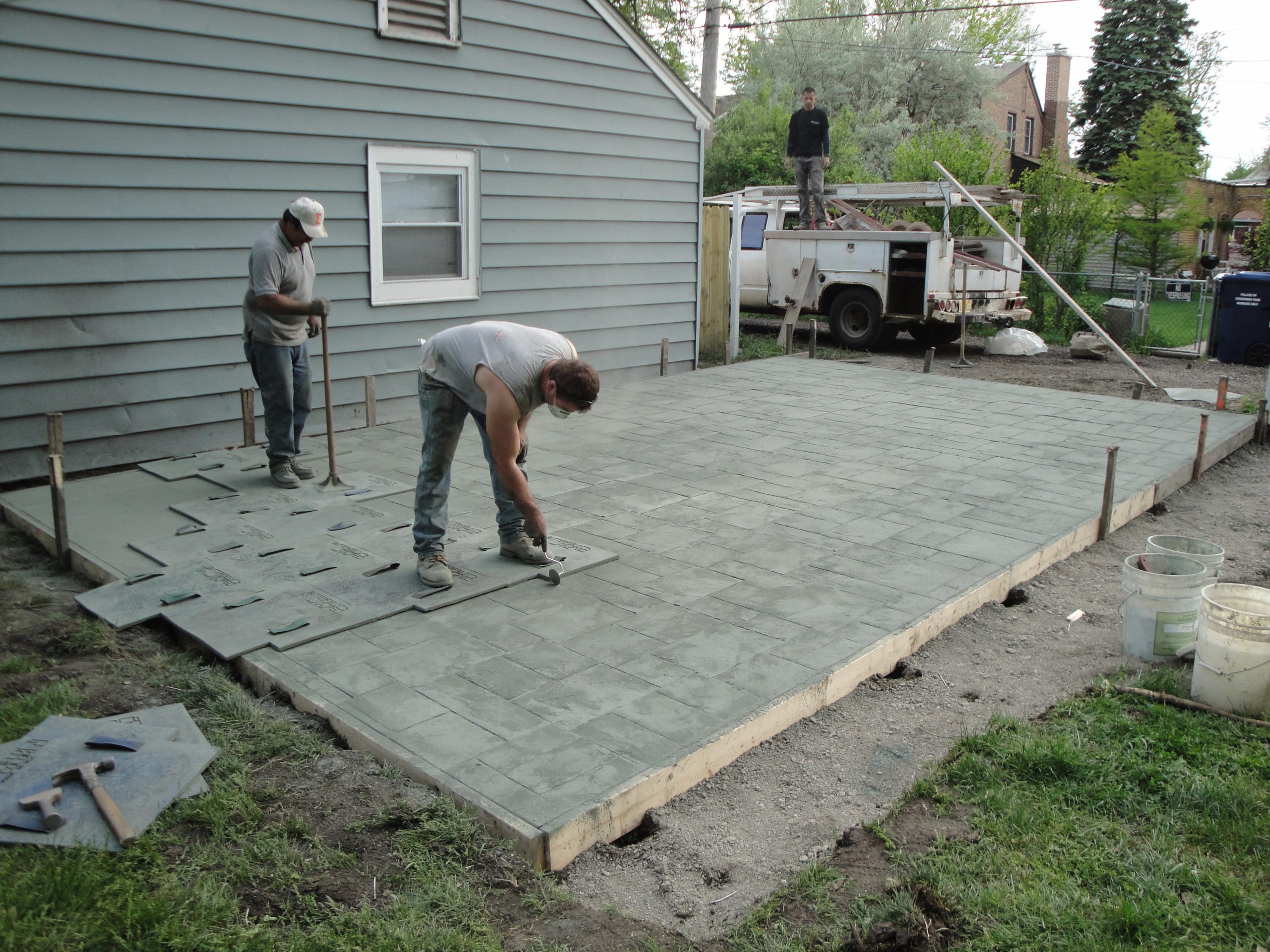
Spray foam insulation has ushered in major changes in the way buildings and properties are constructed since it was invented in the 1940s. The benefits it offers are far beyond what other materials can offer concrete. Its versatile application spans residential, commercial, and infrastructure projects, providing a seamless, airtight barrier that enhances thermal performance, energy efficiency, and structural integrity. By effectively sealing surfaces, minimizing air leakage, and reducing expansion & contraction, spray foam insulation prolongs the lifespan of concrete while reducing maintenance needs. As a result, it’s proven an indispensable asset in modern construction, optimizing durability and longevity.
How Concrete Is Used
We are all well aware that concrete is all around us. It’s used for industrial buildings and we see it in our backyards, our driveways, and it comprises the foundations we live on. Let’s consider some of the most common ways it’s used:
- Foundation: Concrete is frequently used to create sturdy and stable foundations for residential buildings. It provides a solid base that supports the entire home and helps distribute the weight of the building evenly.
- Basement Walls: In the case of homes with basements, the walls of this part of a home is made of concrete as well. Concrete walls offer structural integrity and optimal protection against moisture, rendering it a dry and fortified place.
- Slab-on-Grade Floors: Many modern homes are built with concrete slab-on-grade floors, where a single, continuous concrete slab serves as both the foundation and the floor of the house. This provides for a durable and low-maintenance flooring option.
- Exterior Walls: Concrete is used in the construction of exterior walls, either as solid concrete walls or as part of a concrete block or precast panel system.
- Landscaping: In homes built on sloping terrain or in areas prone to erosion, concrete retaining walls are often used to stabilize the land and create usable outdoor spaces. It’s also of course used for driveways, sidewalks, pathways, patios, and other landscaping features.
- Fireplace Surrounds and Mantels: It’s molded into various designs, making it a popular choice to adorn fireplaces and mantels. This provides a home an elegant, homey feel.
What Gives Spray Foam Its Amazing Properties
It’s for very good reason that spray foam is so popular in concrete construction. Not only does it expedite construction timelines, but it also significantly curtails material expenses while bolstering structural resilience.
The general advantages of spray foam are:
- High R-value of spray foam insulation (thermal insulation value): The closed-cell spray foam R-value of 6 or 7 renders it by far the best thermal insulator on the market
- Resilience: It exhibits remarkable resistance to aging, moisture, and a spectrum of microorganisms, prolonging its service life to as long as potentially 80 to 100 years.
- Lightweight & flexible: Its lightweight nature and ease of processing facilitate seamless installation, optimizing construction efficiency. It sprays and then expands, enabling it to fit into all the smallest, tightest cracks and crevices.
- Waterproof & sturdy: Breathable, it also offers unmatched waterproofing capabilities, making it extremely difficult for any moisture or pests to break through.
- Environmentally friendly: Spray foam insulation R value allows you to seriously cut back on your heating and air conditioning bills, thus releasing less total CO2 into the environment. It requires fewer construction materials to be consumed as well. Spray foam insulation kits, 1000 sq ft being the size of commonly addressed areas, also demonstrates resilience against acidic substances, including fertilizers and petrochemicals, safeguarding against corrosion and degradation.
Spray Foam’s Impact on Concrete
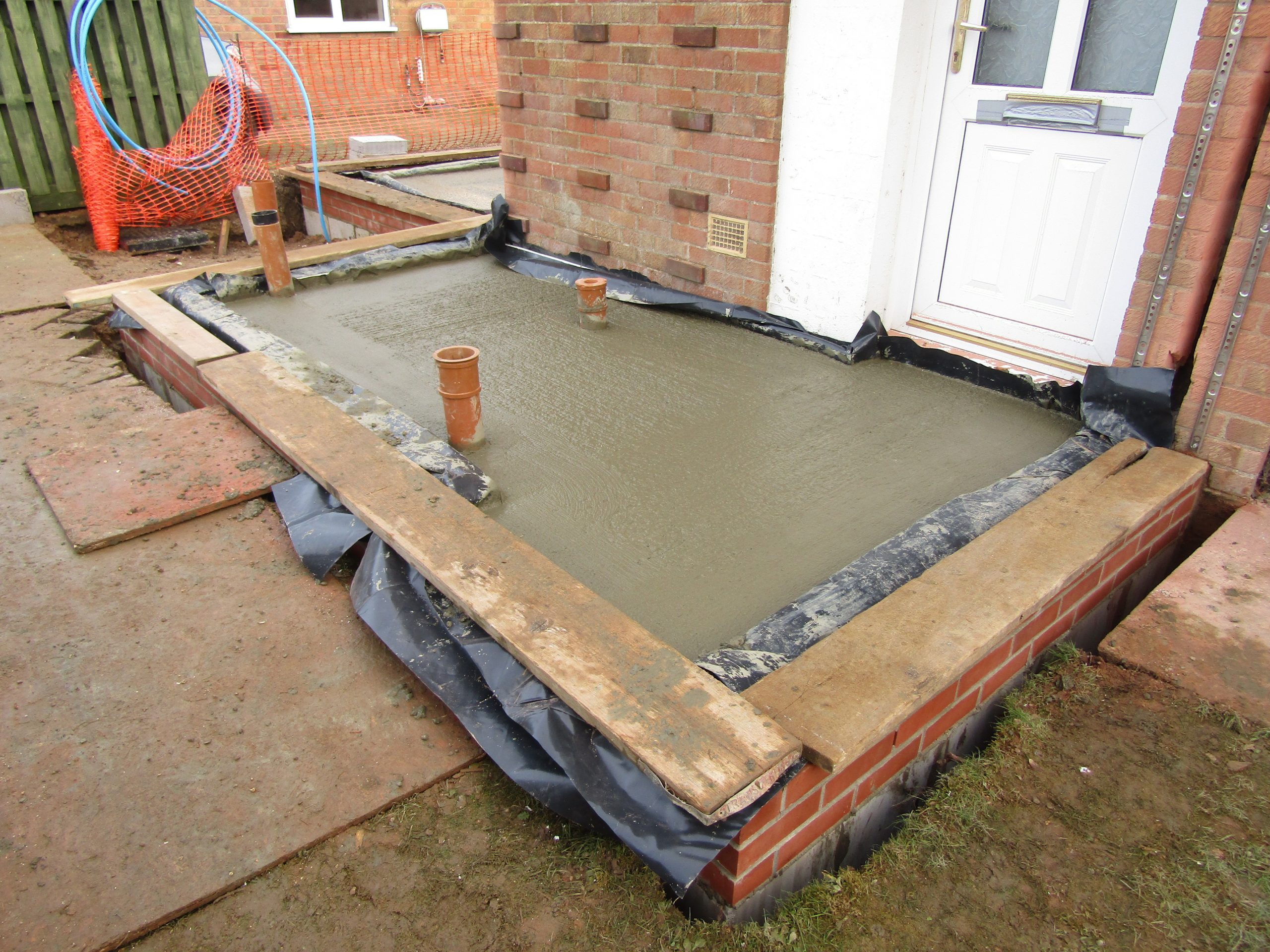
One of spray foam’s standout attributes is its ability to shield concrete from environmental aggressors. Unlike concrete, which succumbs to UV radiation, temperature fluctuations, and moisture exposure, spray foam of the closed cell and open cell types is impervious to such threats. It serves as a steadfast barrier, maintaining concrete’s structural integrity even in the face of harsh conditions. Moreover, spray foam is the perfect solution to concrete’s susceptibility to saltwater corrosion.
Here are some of the negative ways that moisture impacts concrete, all of which are wonderfully addressed by a closed cell spray foam kit:
- Cracking: Moisture can penetrate the surface and cause it to expand and contract as temperatures change. Over time, this repeated moisture exposure and temperature cycles can cause concrete to crack, compromising its structural stability and aesthetics.
- Efflorescence: When moisture infiltrates concrete and evaporates, it can leave behind mineral deposits on the surface known as efflorescence. These white or grayish stains are ugly and indicate underlying moisture problems.
- Corrosion of Reinforcement: In reinforced concrete structures, moisture can infiltrate the concrete and reach the steel reinforcement bars. Over time, this moisture exposure can lead to corrosion, weakening the structure.
- Mold and Mildew Growth: Moisture-laden environments provide the ideal conditions for mold and mildew to grow. This can pose health issues for indoor air quality
- Degradation of Surface Finishes: Moisture exposure can degrade surface finishes applied to concrete, such as paints, sealers, and coatings. This can result in peeling, blistering, or discoloration.
- Alkali-Silica Reaction (ASR): Moisture can initiate a chemical reaction between reactive silica minerals in aggregates and alkalis in the cement paste, resulting in the formation of a gel-like substance. This gel can exert pressure on the concrete, causing cracking, expansion, and deterioration over time.
Comparative Analysis with Rockwool and Fiberglass
We will now compare spray foam vs fiberglass, cellulose, and rockwool. They are inferior insulators in general, but especially when it comes to what’s important for concrete.
First and foremost, foam plastic excels in heat retention, resulting in substantial reductions in heating costs. Spray foam is such a better insulator that about half of it is enough to provide the same insulation that its counterparts offer. Furthermore, polyurethane foam is hailed for its environmental friendliness and minimal health risks. Fiberglass for instance can cause skin irritation and easily shrinks, leaving space for moisture and pests to accumulate. Rockwool is susceptible to moisture saturation as well, lacks load-bearing capacity, and poses adverse health effects.
The versatility of spray foam plays an important role throughout the home-building process, from foundation insulation to the final touches. During the initial phases, it proves invaluable in foundation insulation, where it shields concrete from the detrimental effects of low temperatures. This not only safeguards the building’s structural integrity but also diminishes heating expenses, rendering basements warm and dry.
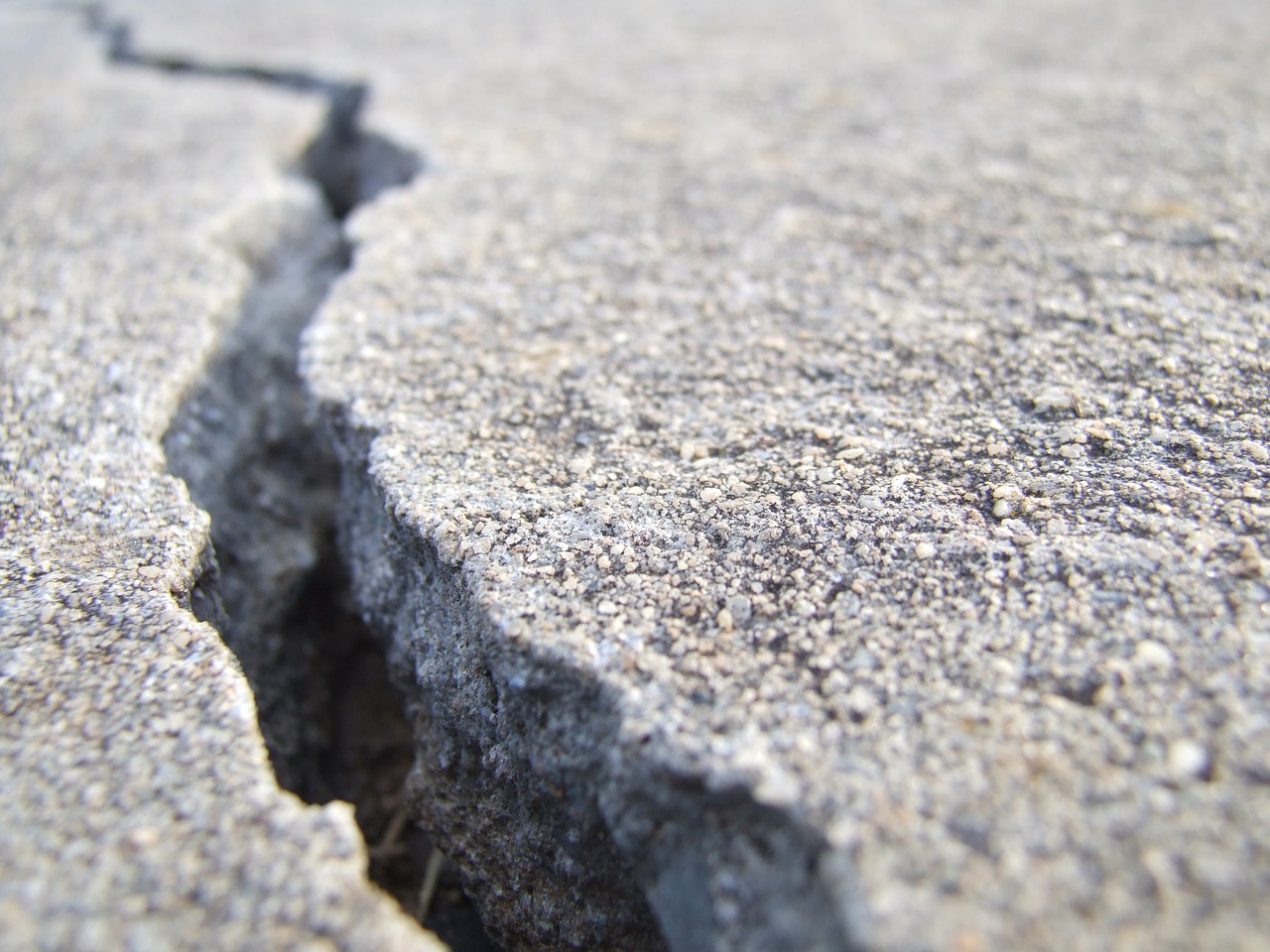
Spray Foam’s Superiority Around the Home
On top of that, spray foam is extensively used in insulating concrete walls less than 3.5 feet thick, streamlining construction processes and often resulting in LEED certification, officially declaring the building eco-friendly. Its lightweight nature facilitates hassle-free installation, making it a preferred choice for ceilings as well.
Installation entails meticulous preparation, including surface leveling, crack sealing, and priming. Foam boards are commonly applied using adhesive foam, mechanical fastening, or glue, ensuring secure attachment. Alcohol-free and acetone-free adhesives are recommended to avoid damaging the foam. A spray foam insulation machine significantly streamlines construction, reduces the required depth of excavation to insulate, and thus minimizes maintenance costs to insulate concrete.
Final Thoughts
In conclusion, the myriad advantages of spray foam position it as a frontrunner in construction materials, lauded by professionals and homeowners alike for its cost-effectiveness and ease of installation, rendering it an indispensable choice for insulation and protecting concrete structures.
As a professional spray foam insulation company, Ecothermix offers cutting-edge spray foam insulation that utilizes environmentally friendly technology rendering your home highly protected from moisture and other damages to your home’s or building’s concrete. When you contact us, our professional will come out, survey the building, provide expert recommendations, as well as use a his spray foam insulation cost calculator to give you a ballpark estimate.
Get in touch with us and set your spray foam insulation appointment today.
.[/fusion_text]



